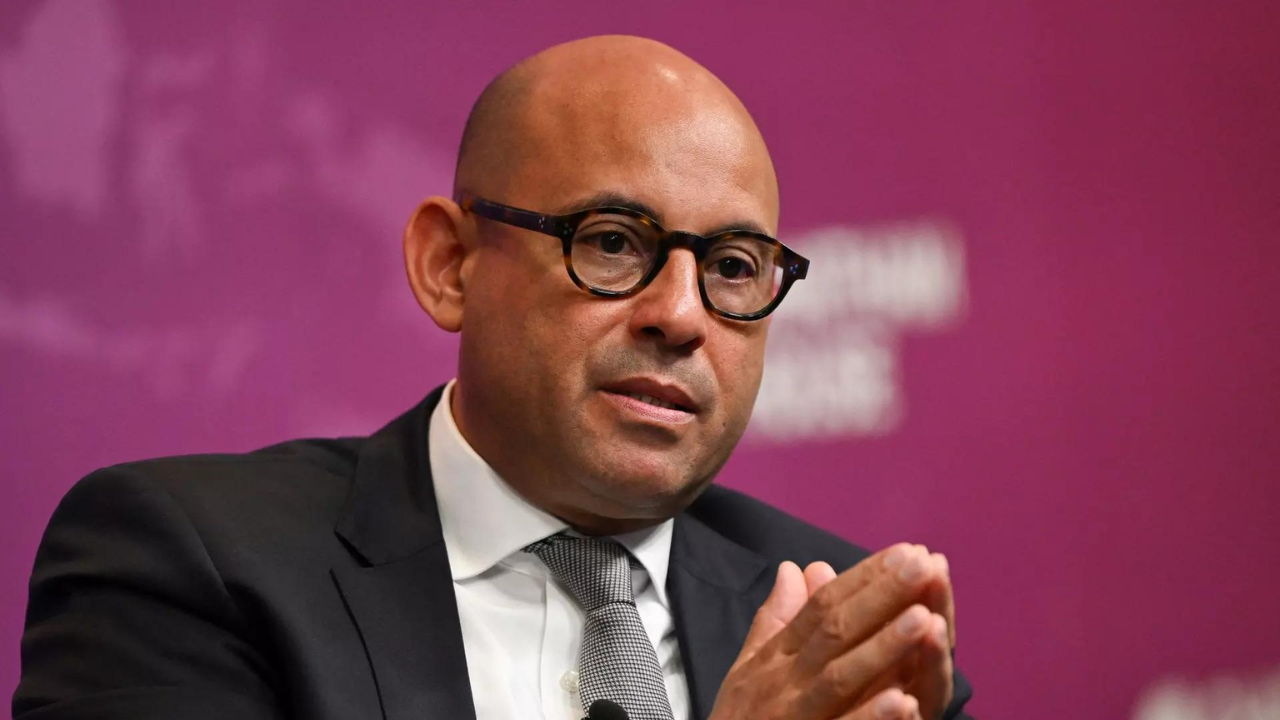In the face of deepening climate disruption, rising hunger, the creeping corporate takeover of democracy, and overlapping social crises, the global Food Sovereignty movement launches a call for collaboration with peoples’ movements worldwide. This call – towards the Nyéléni Global Forum in 2025 – honours the peoples, who strive for fairer food systems, and unites them with others in the global fight for system change.
The first Nyéléni Forum
In 2007, the village of Sélingué in southern Mali was host to a pivotal moment in social movement history. More than 500 people from five continents, representing all sectors of society with an interest in agricultural and food issues, met for the first World Forum for Food Sovereignty. Nascent since the 1990s, at this meeting the movement established a shared vision of food sovereignty, and made a collective commitment to realise it.
The Forum, and the Declaration made there, was named after a woman of legend in rural Mali: Nyéléni. Known for domesticating fonio and samio (grains native to the West Africa region), Nyéléni was a trailblazer who resisted social discrimination, refused marriage, and worked the land to become a better farmer than the majority of male farmers around her.
“In Mali there is a powerful symbol which could serve as the symbol of food sovereignty. It’s a woman who left her mark in the history of Mali, […] who fought for her recognition as a woman in an environment which wasn’t favourable to her. This woman was called Nyéléni.”
– Ibrahim, from a speech at the Forum
A growing food sovereignty movement
Over the past two decades, a robust global food sovereignty movement has emerged. It is grounded in local struggles, diverse, and has gained significant political recognition at national and international levels. People’s power as a movement has achieved the signing of the Cartagena Protocol to curb the rush for genetically modified crops (2003), the democratic reform of the UN Committee on World Food Security (CFS) to give civil society a voice in that foremost multilateral space for food policy (2009), and recognition by experts at the CFS of agroecology as the best pathway to resolving environmental, hunger, health and inequality crises (2019).
The movement also secured political acknowledgment of peasants as rights holders through ratification of the UN Declaration on the Rights of Peasants and Other People Working in Rural Areas (UNDROP) in 2018. A second Nyéléni Forum was held in 2015.
A growing set of challenges for people and planet
As ever with capitalism’s canny ability to shape shift and try to co-opt radical proposals, agroecology is now at risk of being captured and reduced of its transformative potential in the CFS and other institutions. Multilateral governance spaces like the UN are seeing increasing capture by the private sector, who are pushing ‘multistakeholder’ initiatives where corporate interests drive the agenda. Multistakeholderism in food governance is exemplified by the FAO World Food Forum, taking place 16-20 October 2023 in Rome, and the UN Food Systems Summit back in 2021.
Corporate capture is also creeping through the UNFCCC climate summits and UN Convention on Biological Diversity, where corporations have ever greater access to push market-based “solutions” such as “climate smart agriculture”, “nature based solutions”, and carbon and biodiversity offsetting.
Alongside this, we face an unprecedented hunger crisis, driven by an industrial global food system which prioritises profits over peoples’ rights, lives and the environment. The intensive agricultural model feeds environmental destruction and concentrates power in the hands of a few transnational agribusinesses, while starving small-scale producers of their sovereignty and rights, for example their right to save, share and cultivate seeds.
The FAO estimates that between 690 and 783 million people in the world faced hunger in 2022, a figure which was sharpened by climate change, the economic shocks of the Covid-19 pandemic and military conflicts around the world. This food crisis overlaps with increasing debt, poverty, and the rise of right-wing political forces around the world. Vulnerable communities – especially small-scale farmers, rural workers, indigenous peoples, people of colour, migrants and women – face the worst impacts of these crises, and are the first targets of political persecution.
Nyéléni widening the movement
This interconnection of crises is pushing social movements to look beyond their specific agendas and see where they can work together against conservative and corporate forces. The struggles of food sovereignty, climate justice, health, workers’ rights and gender justice are deeply connected and we need to build links.
The new Nyéléni process will bring together these movements to stand up to dismantling of democracy and the rise of the far right, in a space to coordinate “analyses and positions, make struggles visible and resist their criminalization, strengthen solidarity links, build programmatic agreements and agree on actions to transform food systems and our societies”. The process will involve democratic consultation at regional level and culminate in a Global Forum in 2025 in India.
Nyéléni remains a powerful symbol for this convergence of movements. As a young woman peasant farmer, her story is not only about food or farming. It is about the struggle for women’s rights, against oppression based on age, class or colour. It is about strength in the face of adversity. We are stronger when we join hands in the fight to dismantle corporate power and realise system change.

Images from the first Nyéléni forum in Mali. Credit: Tineke D’Haese
The post Food sovereignty movement organises to dismantle corporate power and demand system change appeared first on Friends of the Earth International.

 6 months ago
39
6 months ago
39


